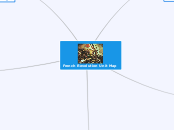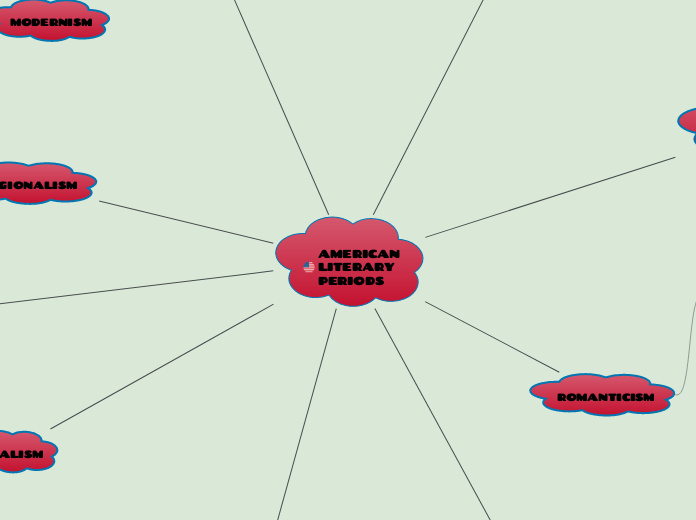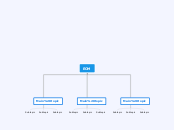French Revolution Unit Map
A Changed World
Students will discuss and analyze how the French Revolution changed the world.
The teacher will monitor the progress of the students by assessing their understanding of the topic as the class engages in discussion.
Students will apply the knowledge they have gained throughout the French Revolution unit to answer questions that require the ability to speculate based off the political and societal direction Europe was headed in.
The teacher will pose critical thinking questions that require the students to use their prior knowledge of the subject to answer answer in depth.
Restoring Order Back to Europe
By researching and reenacting the congress of Vienna students will understand the importance of exchanging political ideas and collaboration between countries
The teacher will assess the students’ knowledge of the chapter by observing as they gather information in their groups and form points for debate. The teacher will also give a grade to each group based on their preparedness for the mock congress/debate, their use of class time, the incorporation of historical facts, and the effectiveness of the diplomat during the debate.
The teacher will act as moderate for the Congress of Vienna mock debate.
Students who are not playing the role of representative/diplomat will act as town hall citizens and have questions for the representatives to answer
Student representatives will take part in a debate/negotiation revolving around the direction of Europe and attempt to steer negotiations in their country’s favor.
Students will work in groups to prepare a representative/diplomat of their choosing for questions or attacks that may come up in the Congress of Vienna debate.
Napoleon: Hero or Tyrant?
Students will analyze primary source documents to answer historical questions about Napoleon's nature: was he a hero or a tyrant?
Students will be assessed formatively through teacher observation during group work as well as during class discussions/debates.
Students will discuss and debate their opinions about the nature of Napoleon after they have read the primary source documents.
The students will analyze various primary source documents pertaining to Napoleon.
The teacher will moderate a debate or class discussion at the end of the lesson to discuss the issue of the historical question.
The teacher will explain how to analyze a document by going through the first one in the handout doing a think aloud reading while also addressing the students.
Reform and Terror
Students will show their knowledge of the change brought about by the National Assembly during the French Revolution by reading the chapter and creating a concept map.
Summative: Concept map with the three assigned categories, and at least three examples (2-3- sentences) in each of said categories.
The teacher will pre-read the chapter section with the students, pointing out the best areas to find the information needed to complete the assignment, paying attention to headings, bold vocabulary words, and key characters.
Students will read the assigned chapter section and create a concept map as they go, or write notes so that they can create the concept map with three sub categories and three examples within those subcategories after their reading.
Formative (progress monitoring): The teacher will go around the class while the students are reading, checking with them to see if they understand what is in the chapter and to see if they have any questions.
The Revolution Begins
Students will show their understanding of the French Revolution as it pertains to the enlightenment period by relating enlightenment views to the actions taken by French revolutionaries.
The teacher will assess the students throughout the lecture as they answer critical thinking questions. There will be a homework assignment that will be graded for points where the students are to write a short summary on the social structure/hierarchy of the Old Regime.
Students will work in tandem to answer questions posed to them in a few quick discussions that will help them understand the overall theme of the lesson and apply the theme to modern society.
Students will be expected to take notes during the lecture.
The teacher will give a lecture on the beginnings of the French Revolution.









